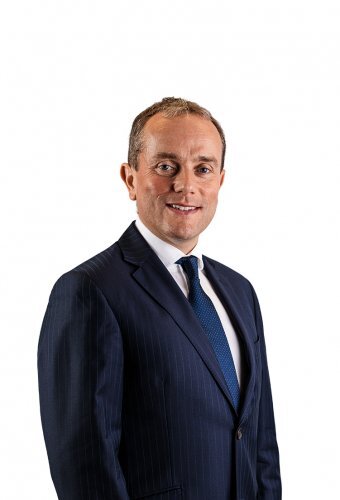Equally important is to learn how to budget and manage debt sensibly with an understanding of how to compare interest rates and financial products.
We are often asked by parents how they can best invest for their children’s future as part of a wider inter-generational wealth planning strategy to pass money down to children in a secure manner and mitigate Inheritance Tax. Typically, a priority is to help a child get a toe on the property ladder, whilst ensuring that any gift for a first house is as safe as possible, particularly if there are any concerns regarding the permanence of a child’s relationship or marriage, or any doubts with regard to a child’s creditworthiness. After all, no parent wishes to give money to a child and then see it dissipated or taken by a third-party. In this case, we may advise on a suitable trust structure or loan arrangement.
Parents or grandparents sometimes wish to kick-start a child’s pension. This can be very tax-efficient for both the parent and child – a regular pension contribution by the parent out of surplus income into a child’s pension can be immediately exempt from Inheritance Tax; for the child, the pension provider will reclaim basic rate income tax to boost the pension, whilst a child can claim any higher rate Income Tax relief through Self-Assessment.
Saving for children requires careful consideration. Whilst a Junior ISA allows annual tax-free savings of up to £3,720 and may be an appropriate way to save for university fees, it has the potential drawback of no parental control after age 18. For many parents, this disadvantage leads them to consider alternative trust arrangements for larger pots of savings. A trust can allow parents to keep control of the money until it is required or parents consider a child has adequate maturity.
Of course, making investments for children as early as possible is immensely valuable as there is longer for returns to compound. By way of example, £1,000 growing at 5% pa becomes £1,628 over 10 years or £4,321 over 30 years.
I will give the final word to the world’s third-richest man, Warren Buffett, who advises ‘the best investment you can make is an investment in yourself’, ‘the more you learn, the more you’ll earn’ and ‘find something you like to do, and you’ll never work a day in your life.’
[Matthew Clark, Western Morning News, 16 May 2013]
